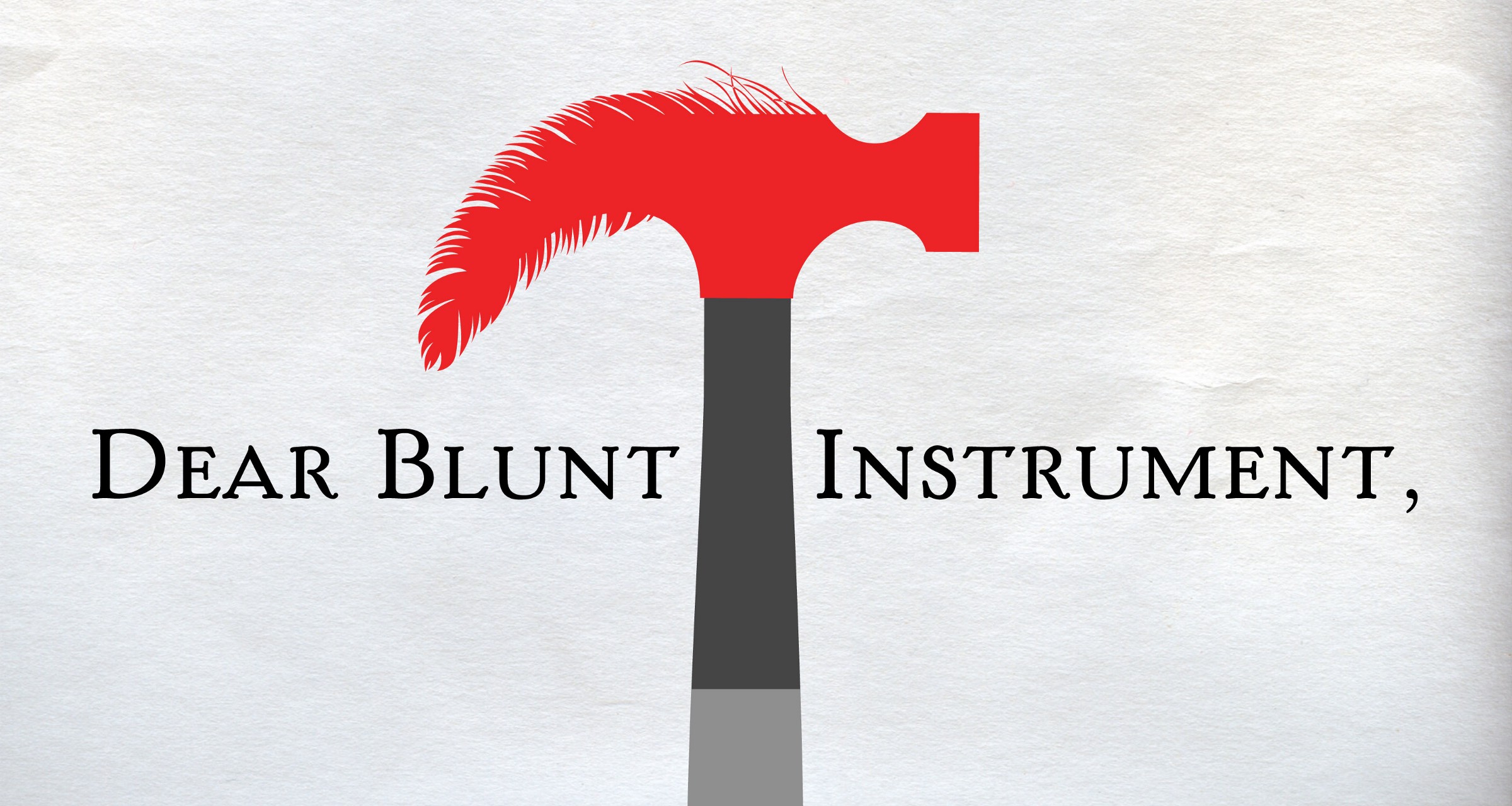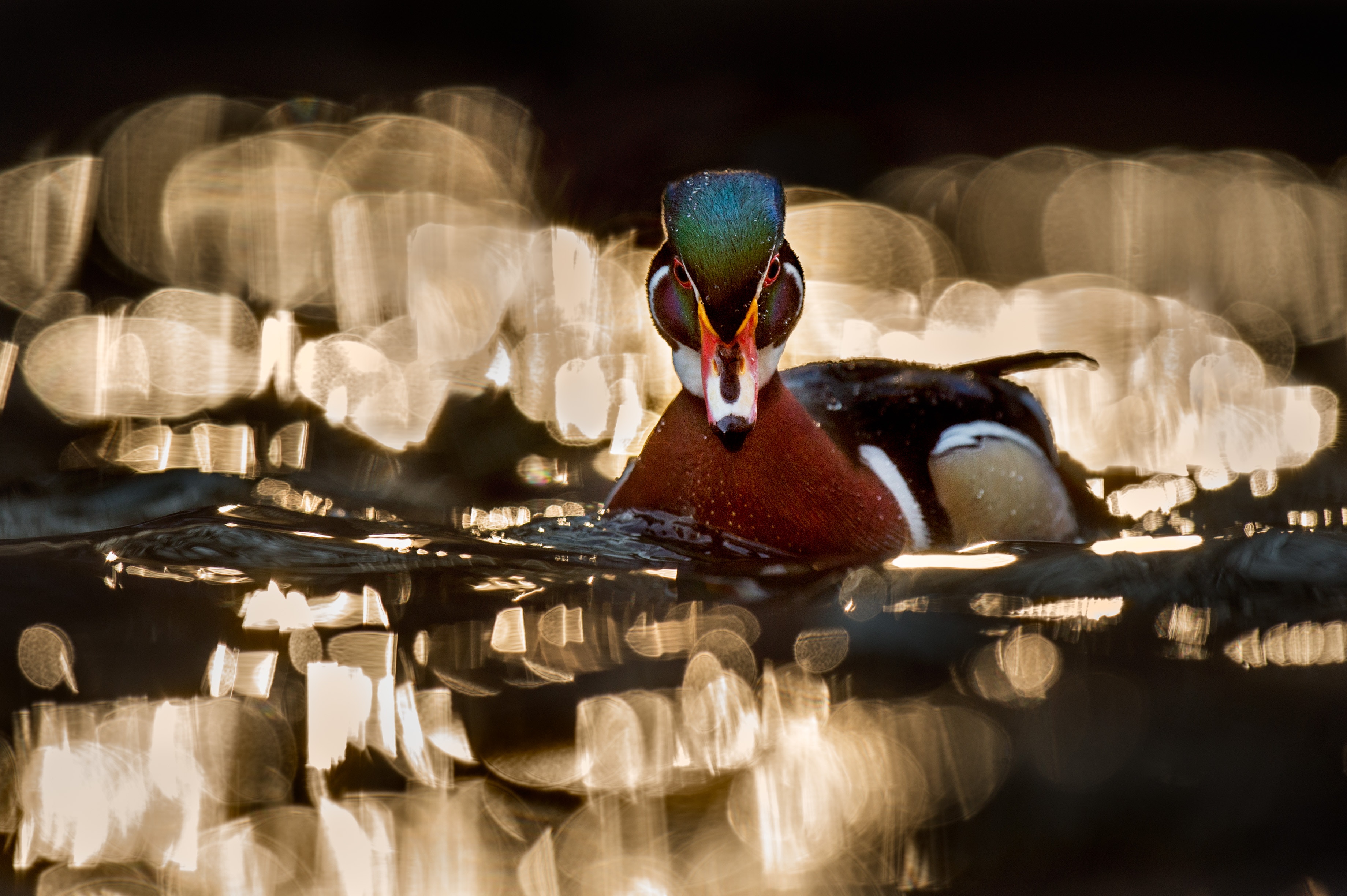interviews
“We’re Animals Hurtling Toward the Grave”: A Conversation with T.C. Boyle
Talking biospheres, human experiments and the illusion of free will

T.C. Boyle and I sat in the lobby of his hotel in Portland on the afternoon of his reading at Powell’s Books. We’d just had lunch and were now cozy in lushly upholstered high-backed chairs that wouldn’t have been out of place in an intro to Masterpiece Theater. This level of sophistication soon took on a vintage Boyle-esque turn for the satirically surreal, as not soon after we had started discussing his latest novel, The Terranauts, a group of young men came bursting into the room, one of them wearing a Cookie Monster costume. They filtered over to the piano and played a few notes, taking cellphone pictures as they did.
They were on a treasure hunt and several more groups followed in their footsteps as Boyle and I talked, providing a counterpoint to our conversation about enclosure, biological programming, and human competitiveness. The Terranauts is a natural fit for Boyle’s trademark environmental concerns and the complexity of human boundaries found in his most compelling works from Drop City to The Women. Taken as a whole, Boyle’s bibliography presents a thesis on ambition and the consequences paid by our ecology as much as our humanity.
Ryan W. Bradley: There’s a discussion early in The Terranauts about “spectacle” science. The team is going to be pretty people and they are going to be on display. The science is there but it’s in the background, at least how they are presenting it publicly. It made me think of the phenomenon of reality television, such as MTV’s Real World or Big Brother.
T.C. Boyle: This has been mentioned to me a couple times, about reality TV.. I’ve never watched one second of reality TV in my life. I told one interviewer it’s because I have inner resources, I know how to read. But if it’s like that, great, because the real biosphere was kind of the first reality TV.
Bradley: Exactly. When the real biosphere was going on I was too young to know anything about it, but reading the book I started thinking that the project really was a kind of unseen step to what was coming. “Let’s take these six or eight people and put them together.”
Boyle: Let’s put on a show!
Bradley: I realized that’s sort of a hallmark of what many fiction writers talk about doing with characters. Throwing characters into a situation and seeing how they work their way out of it.
Boyle: It doesn’t work that way for me. It just evolves. The characters just start to talk to me. Of course, Linda Ryu who was so angry is the one who was excluded, so the thing that got me more than the characters was the intense competitiveness to get something you want more desperately than anything in your life. And then the characters start to come to life.
Bradley: I appreciated that, too. I knew the format going in, that there were going to be three narrators. I kind of figured it would be three people in the biosphere, but I was pleasantly surprised to have someone on the outside.
Boyle: Me, too. You don’t really plan these things out, but it was a happy discovery that Linda would be excluded and be on the outside because then it’s not completely hermetic and you do get the Big Brother aspects of Mission Control. Of course I have the real biosphere and the books written by the biospherians, and all the material coming from the actual history of what this place was. As a novelist all of this is a great gift. That pushing two characters together then comes out of that.
Bradley: What I find really interesting with fiction is that exploration of human relationships, one person to another, one group to another and that is really the crux of the book. You’ve locked these people in and you have the people on the outside, the ‘eye in the sky’ in a way. There are very real human dynamics at play and then you unravel them all.
Boyle: Almost like a soap opera. And of course, I haven’t seen a soap opera either. My intention — my discovery — as I went along was to do exactly that, to have three voices talk at you from their own point of view of the same events. And all the little jealousies. Like high school, little competitions with one another. For sex, for friendships, for alliances. I think that was what it must have been like for the original biospherians. In fact, the original biospherians did pair up into two couples. The other four didn’t, but they wound up being in two opposing camps of four against four.
Bradley: The really interesting thing about the three narrators is that they each have their moments of being people you don’t want to root for. At all. You’ve done this long enough, you know there are the characters that over time people cheer for and cheer against.
Boyle: I like this as a fan as well, but I’m also very suspicious of the black and white world where everything is reduced to the simplest terms. Particularly in movies where the good guy is exclusively good and the bad guy is exclusively bad. Okay, that’s satisfying to us on the basic level, but on the other hand, my experience of life is a little more complicated. People have good qualities and they have negative qualities and it is far more interesting for me to create characters like that. At the New York Public Library the other day I told the audience, ‘Other authors want to make you feel good, but I want to make you feel really bad.’
Bradley: I’m the same way. Real people aren’t like that. If you get to know them, you’ll find there are things about everyone that you don’t like.
Boyle: Not only that. We might hide it. We might be saintly — I’m pretty saintly, I really genuinely like most people I run into, but when you’re competing for the same thing and competing for authority or dominance… The three ‘I’ narrators makes the reader privy to their innermost thoughts and problems and jealousies. To me, it wouldn’t work otherwise. It wouldn’t be a good read. It would be artificial.
Another thing I see looking back at my work is that I’m very interested in this kind of control of a group or a cult. With G.C. standing over it and manipulating people. Or Frank Lloyd Wright and his apprentices, or Kinsey and his fellow researchers, and so on.
Bradley: Drop City.
Boyle: Yes. I mean, an authority figure who says, ‘yes, you have a lot of problems and life is inexplicable, but come to me and I will resolve all your conflicts.’ And that means you have to give yourself over to them, body and soul. I just wonder about that, and it’s where the Big Brother element comes into The Terranauts, and again it’s reflecting the real biosphere with cameras everywhere and glass walls with people watching. How would that be?
Bradley: There’s a self-consciousness. It’s interesting how you portray that, not just for the people inside, but those outside, too. Linda is very self-conscious and it drives her actions and near-actions.
Boyle: Just like real people. And animals.
Bradley: We have stopped thinking about people as animals.
Boyle: Not me.
Bradley: Reading The Terranauts or just about any of your books, you see that. That examination of how are we any different from other animals.
Boyle: With World’s End in ’87 I was writing to wonder about the proposition of inheritance, genetically. Is behavior inheritable? More and more we realize that free will is illusory. Most of what we do is driven by animal instinct. It all seems so programmed. As animals. We’re animals hurtling toward the grave.
Bradley: Every time we set up a construct that is supposed to take us out of that program, that box, we’re mimicking the box we’re already in. Which we see in the biosphere and Mission Control. It’s like a nesting doll.
Boyle: That’s a great metaphor.
Bradley: When you’re outside of the biosphere and in Linda’s space, she’s just as controlled. They all have the same motivations.
Boyle: Exactly, she has to suck up.
Bradley: At what point in the conception of the book did you know who you were going to follow as the narrators?
Boyle: I can’t say, it just sort of evolved. Any of the other characters could have been narrators. It’s so hard to pinpoint something like that. It just starts. These are the characters who started it.
Bradley: Did writing The Terranauts start with Dawn, as it does now?
Boyle: Yes. All my books, all my stories start with line one. I have never shifted any scenes around or changed things back and forth. I’m just writing it day by day and making it as perfect as I can moving forward. If anything worried me earlier in the book I would have to fix it before I moved on.
Bradley: It’s a different brand of bitterness that Dawn represents. She’s very entitled and everyone has to serve her purpose. But that is driven by how she feels about the world around her. She’s in a position, unlike Linda, where she is able to throw it in everyone else’s faces.
Boyle: And also, through most of the book, she has some natural advantages. She is very good looking. The real biosphere — as well as the one I’ve created — was very theatrical. It was not purely scientific. There was no theory they were trying to prove.
One thing that fascinates me is what if there had been ten billionaires and they had built ten of these things and they did run for a hundred years. Each of those biospheres would have evolved into completely different worlds, even if you put the same creatures inside.
There are so many things that are fascinating to me about the biosphere that I just kept thinking ‘what if.’
Bradley: Some articles have called The Terranauts your first book of science fiction.
Boyle: Except it really happened.
Bradley: Right. I think of it more as pre-science fiction. This is the experimentation for science fiction, the way the biosphere is experimenting for living on another planet.
Boyle: Exactly right. I don’t like labels. Why limit yourself.
Bradley: The first book I read of yours was Without a Hero. Early on a lot of your stories were very quirky and that was the way people described you as a writer. After college I read Drop City and the novels that followed, which were very different. They may be quirky, but not in the same way. Not in a whimsical way.
Boyle: I like your analysis and I like that you see that in my career. Even the hardcore fans of my early stories ask why aren’t you doing more of this? Well, because I’m evolving as a writer. I want to be able to do anything. I didn’t even care about character when I first started writing. I was more interested in idea and design. Crazy jokes and language. But now I like to integrate it all and I hope I have become a better writer.









